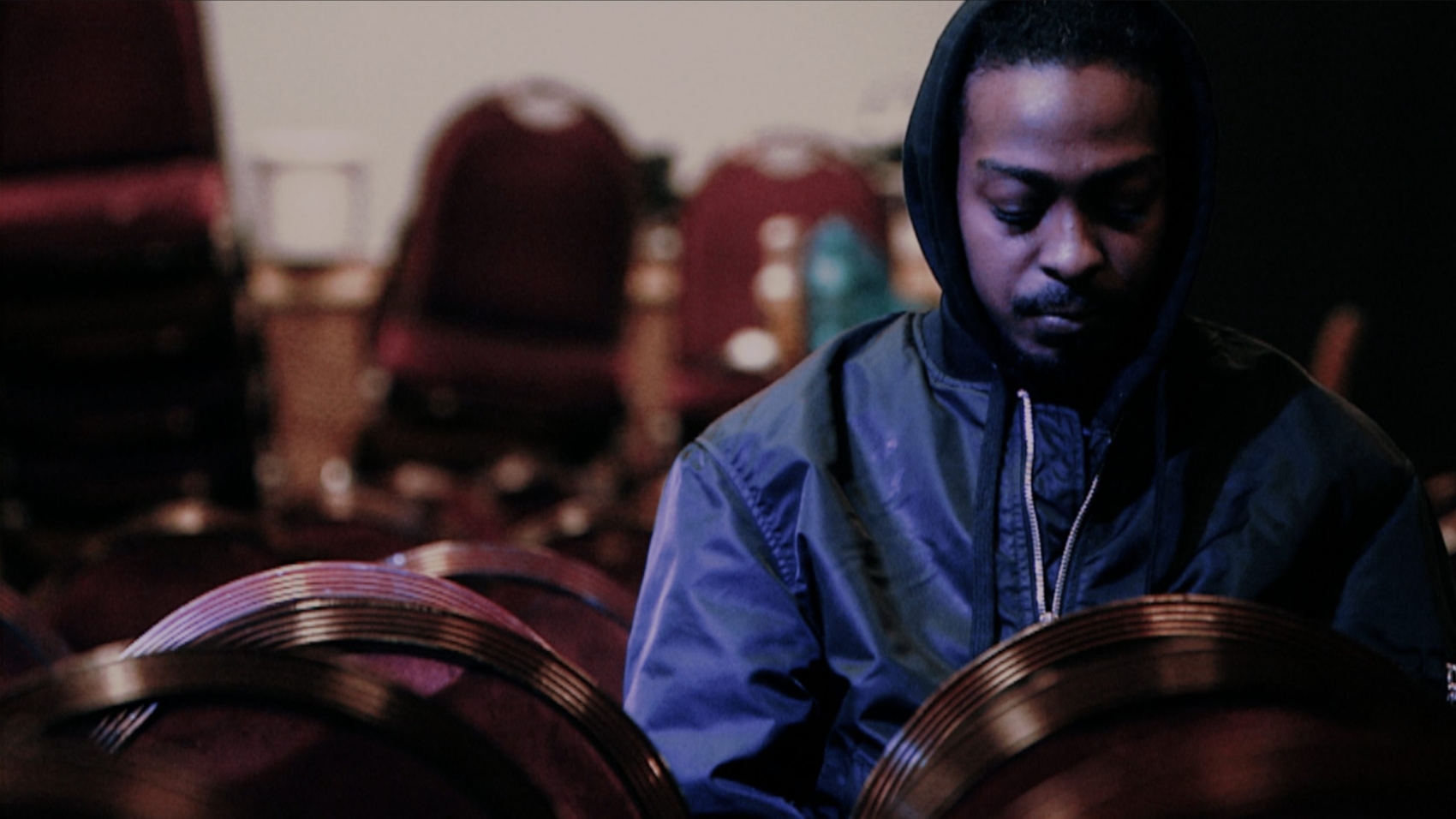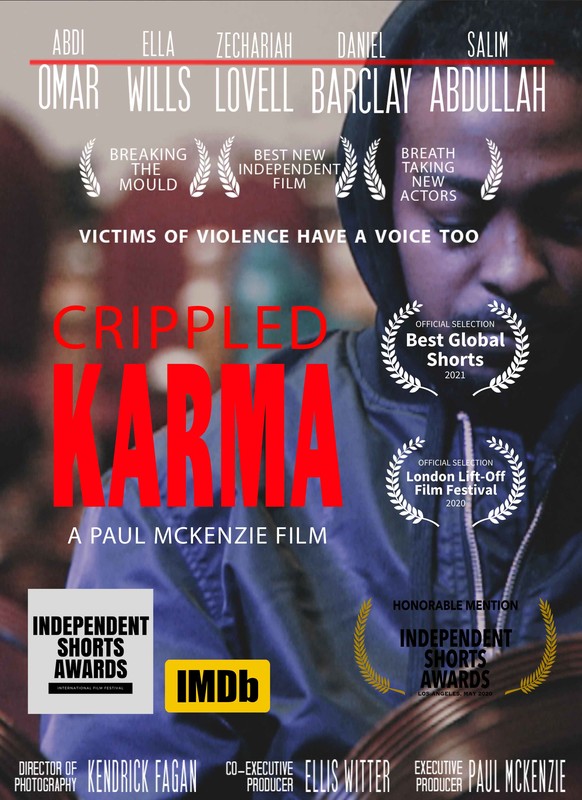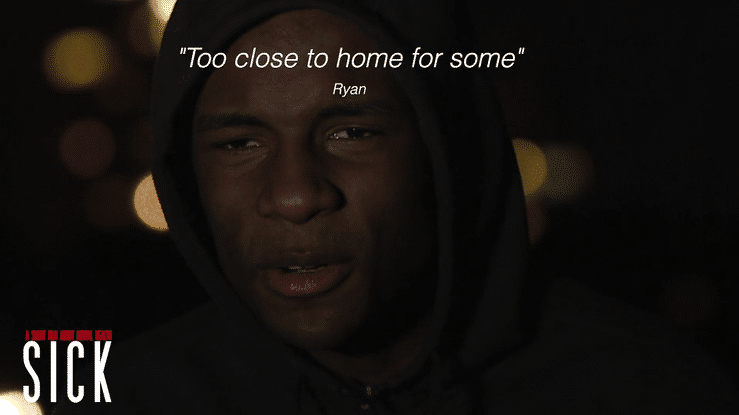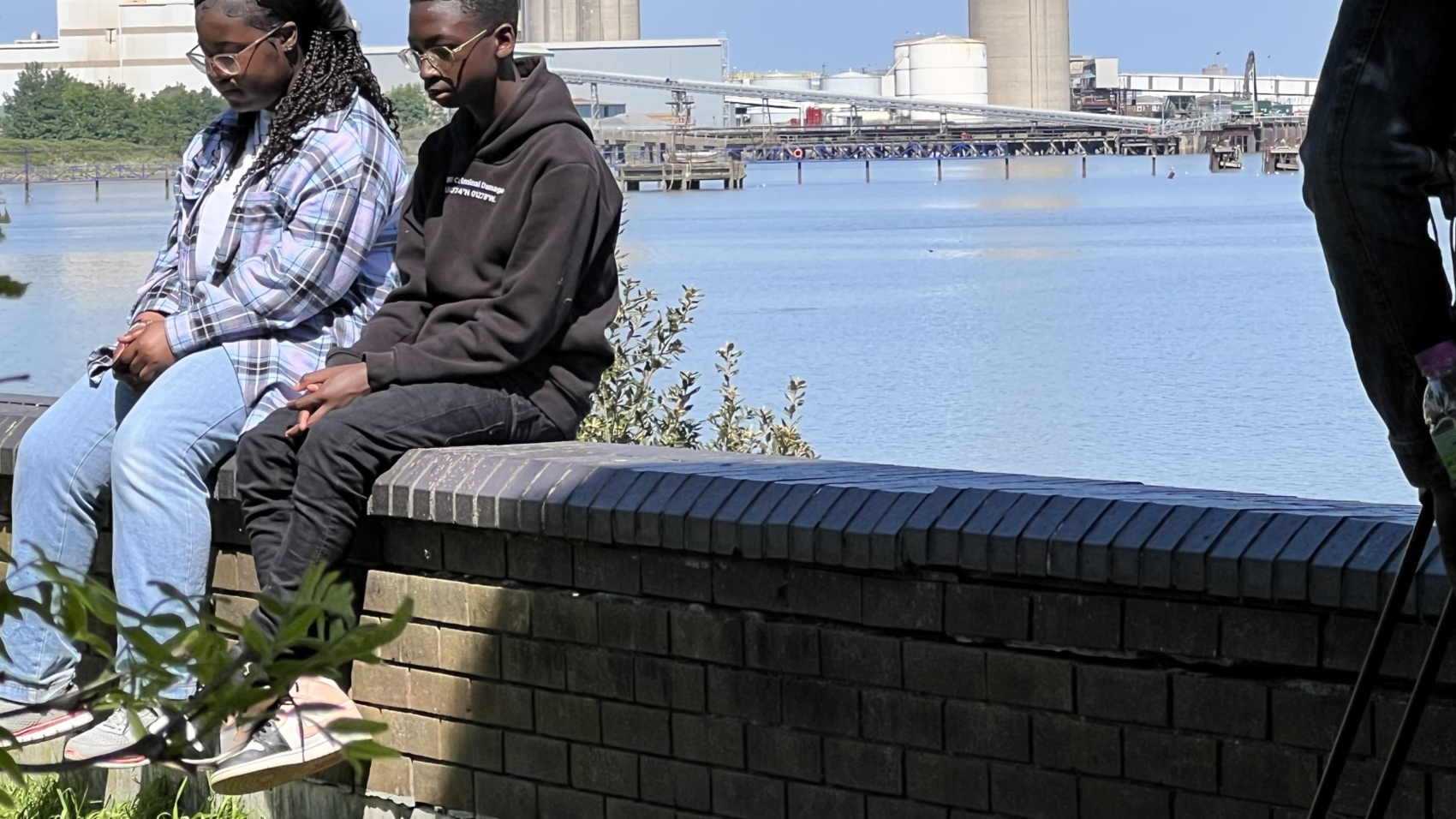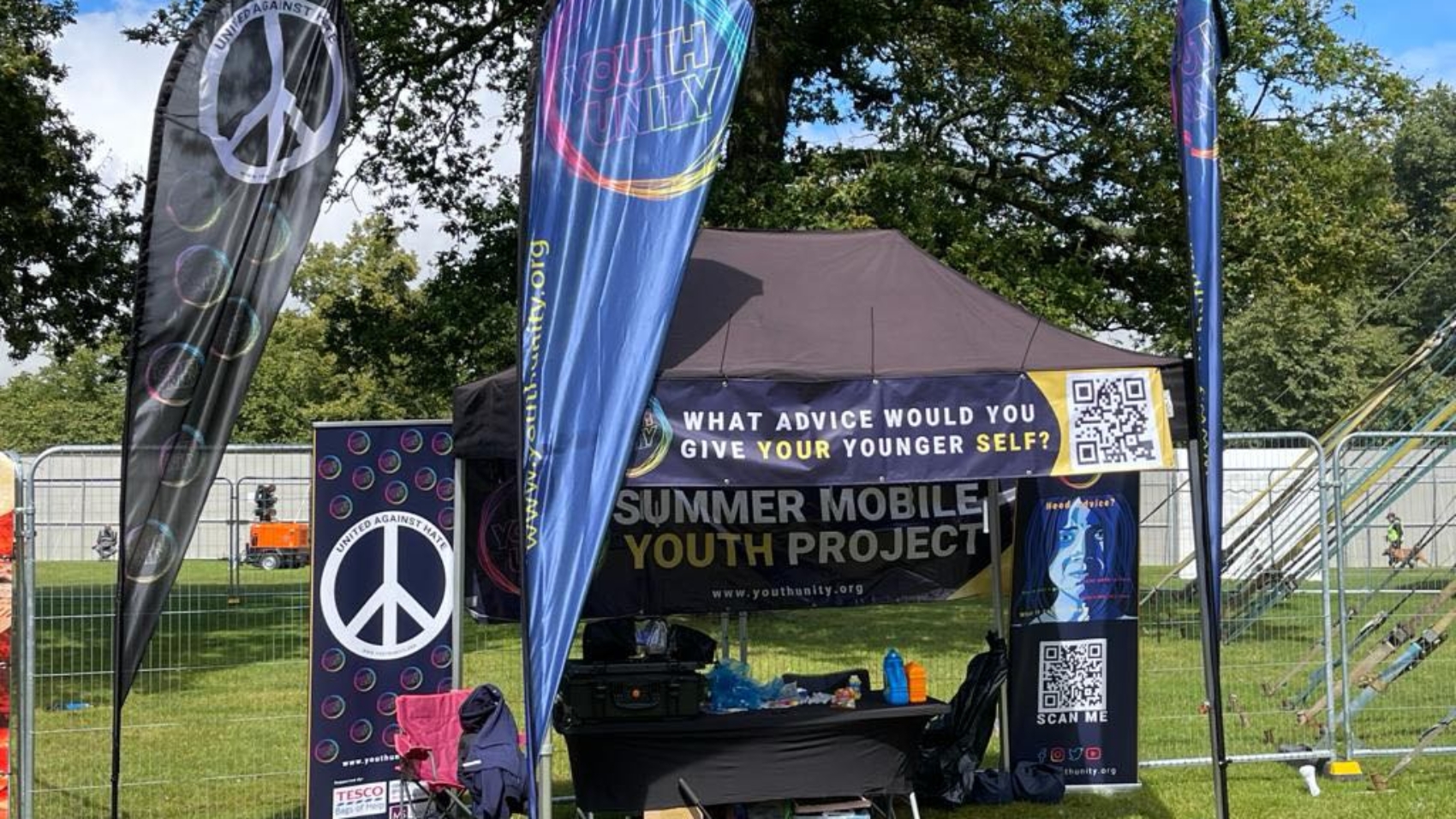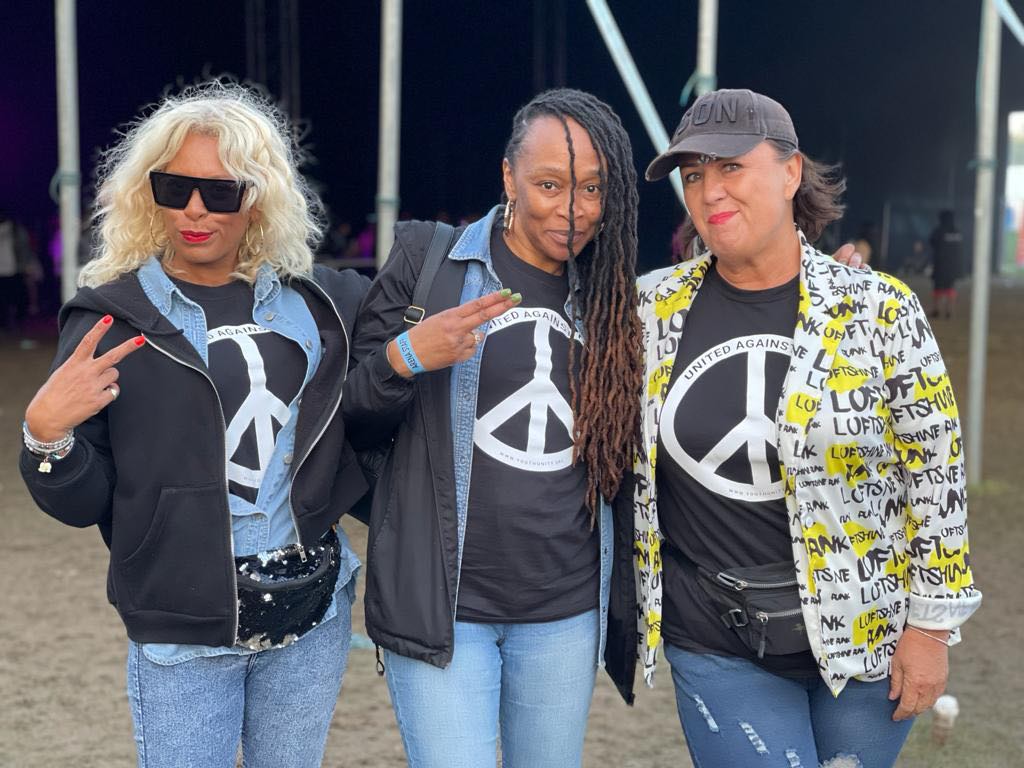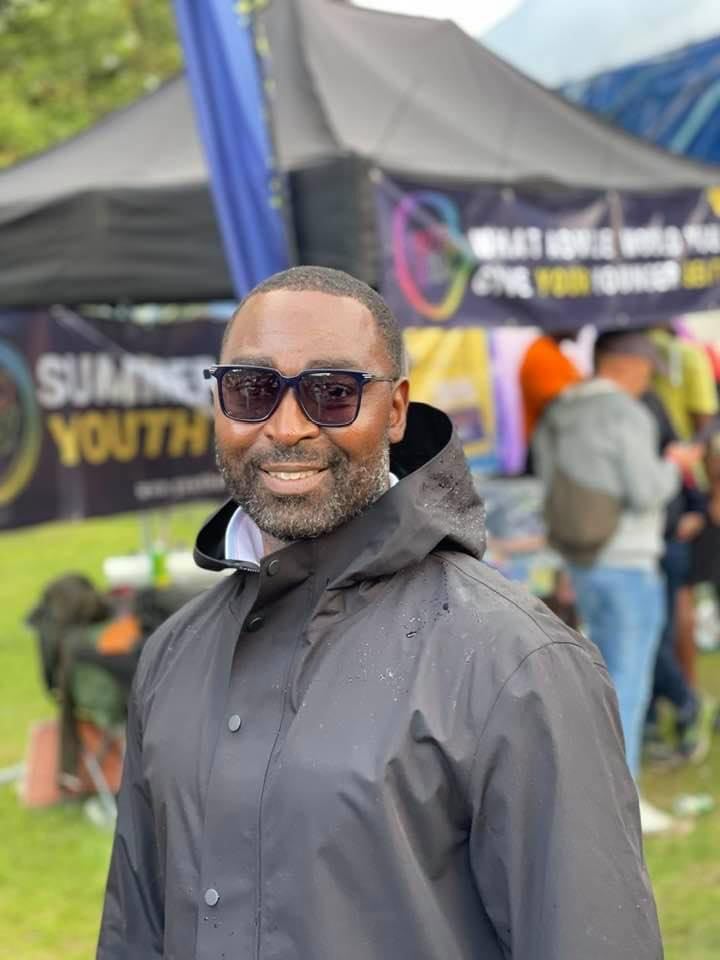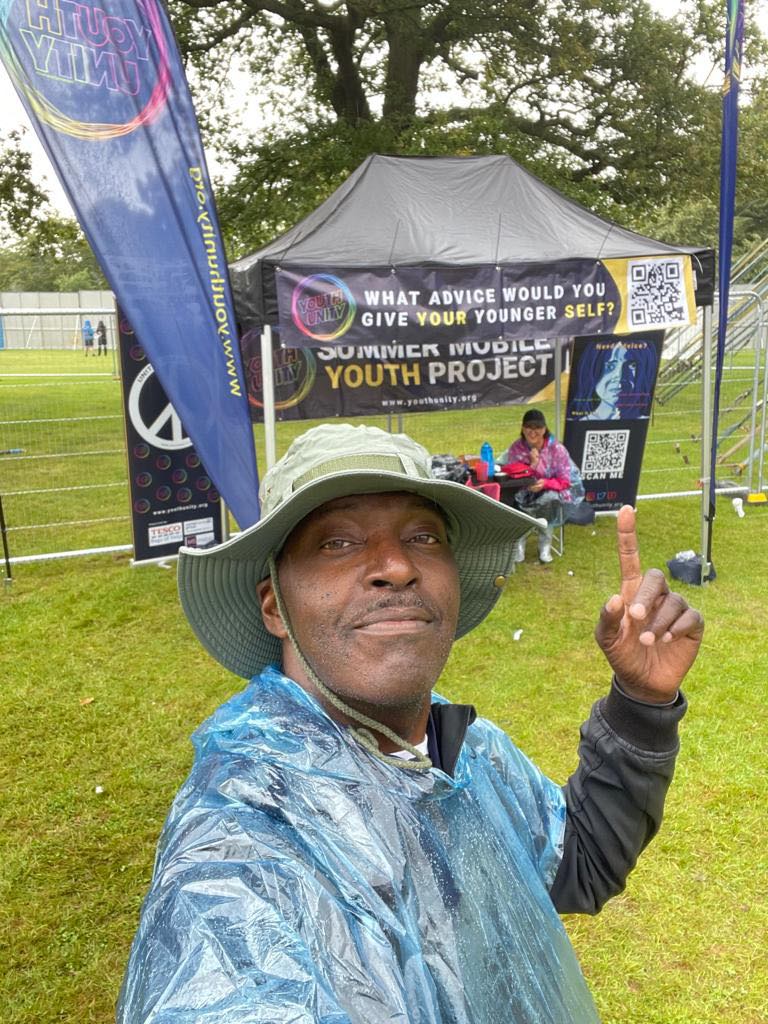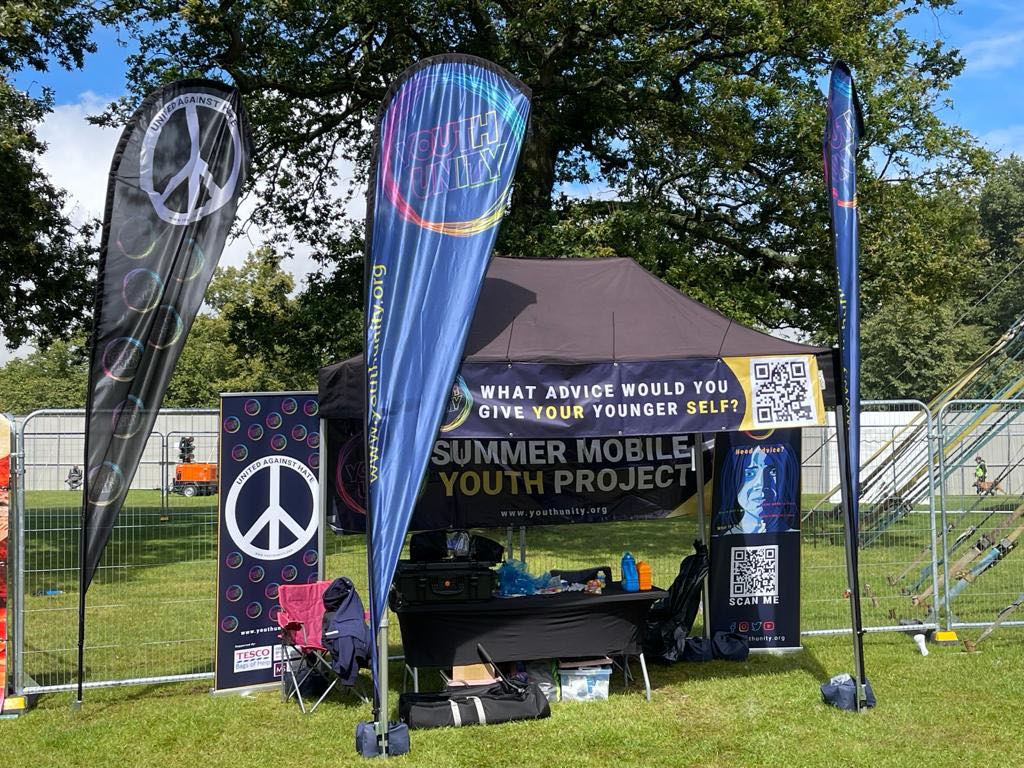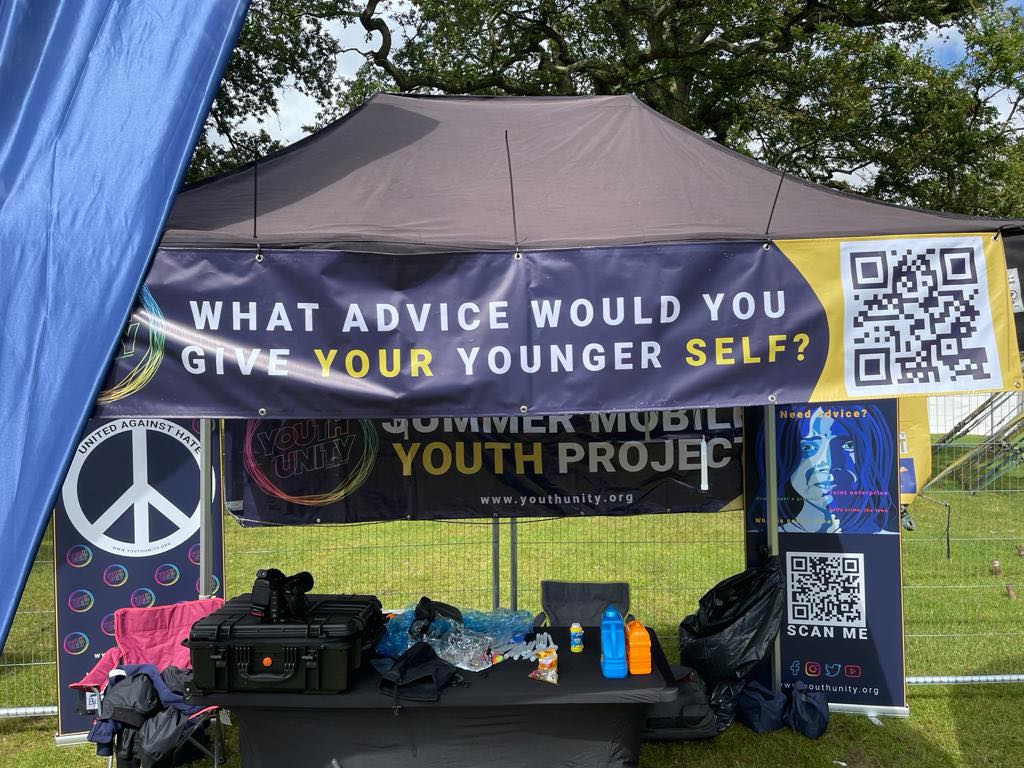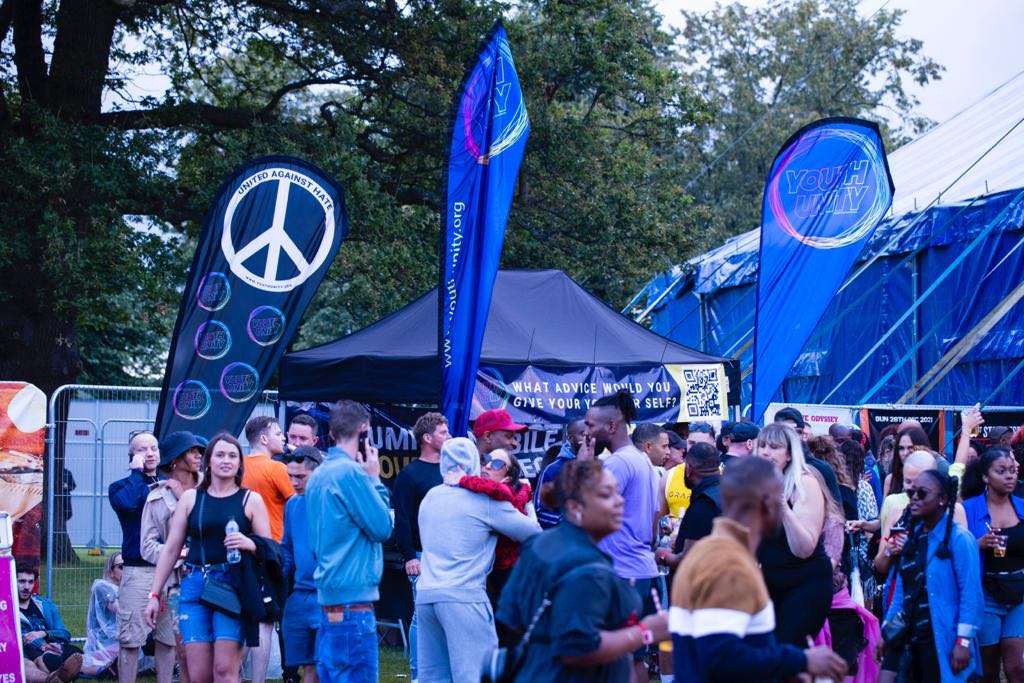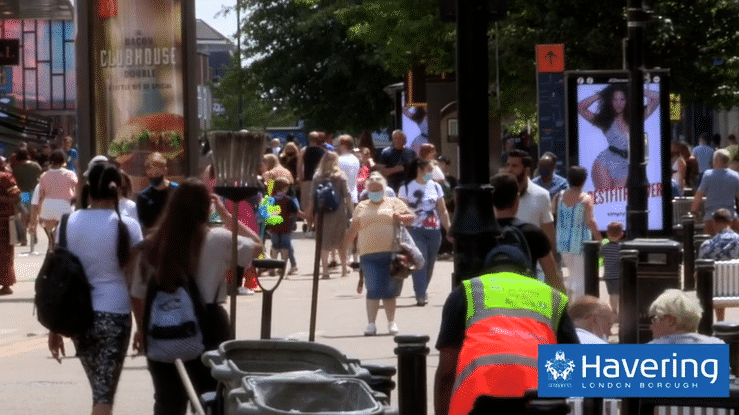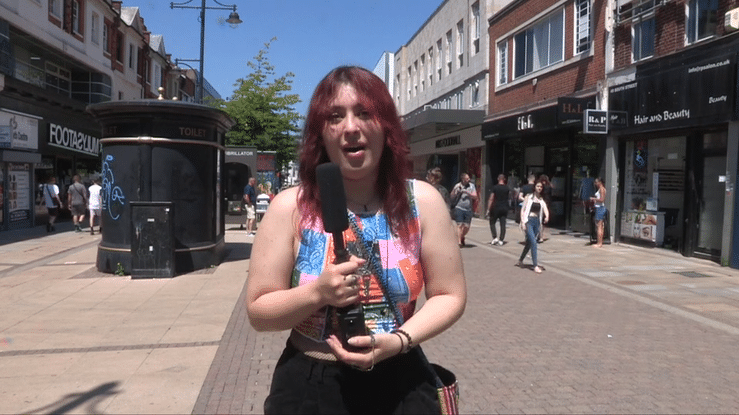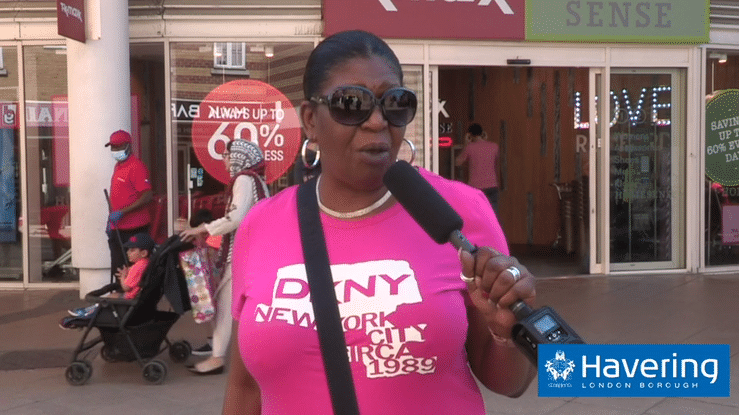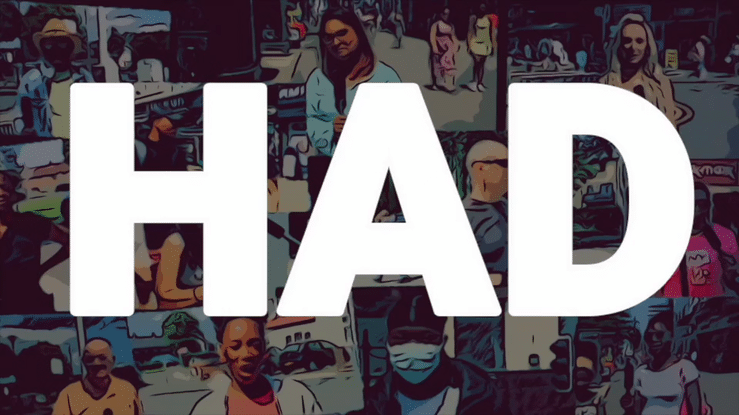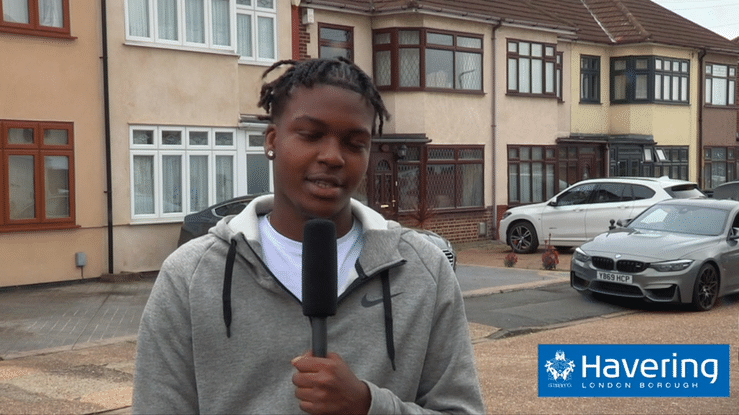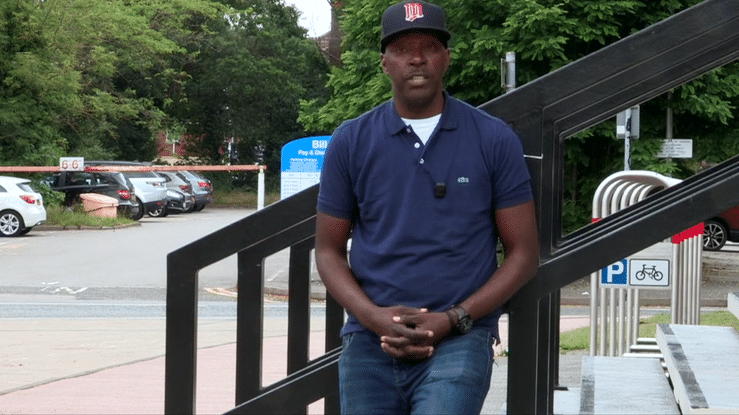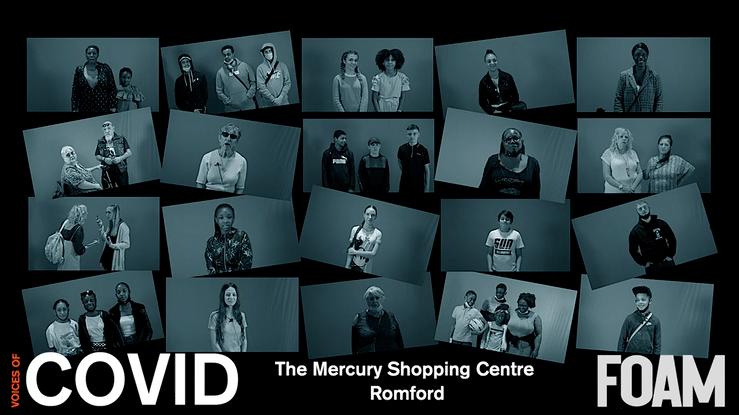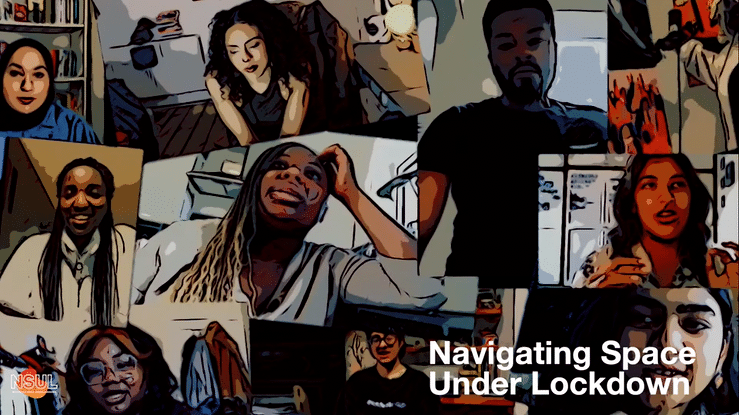Unfortunately, it can be relatively easy for individuals to be groomed in criminal exploitation, especially if they are vulnerable or have a difficult home life. Criminal exploitation involves the manipulation and control of vulnerable individuals for the purpose of committing crimes, such as drug trafficking, theft, or prostitution.
Grooming is a process that involves building trust and emotional connections with the victim in order to gain control over them. The grooming process often starts with the perpetrator identifying a vulnerable individual, such as a child or someone with a history of abuse or neglect. The perpetrator then seeks to establish a relationship with the individual, often by providing them with gifts, attention, or a sense of belonging.
Over time, the perpetrator may use their influence and control to manipulate the victim into participating in criminal activities. This can involve coercion, threats, or even physical violence.
It’s important to note that anyone can be targeted for grooming, regardless of age, gender, or background. However, there are certain factors that can make individuals more vulnerable to grooming, such as a lack of social support, low self-esteem, or a history of trauma.
If you or someone you know is being groomed for criminal exploitation, it’s important to seek help as soon as possible. Please check the bottom our page for resources to seek help!
Video: Paul McKenzie


